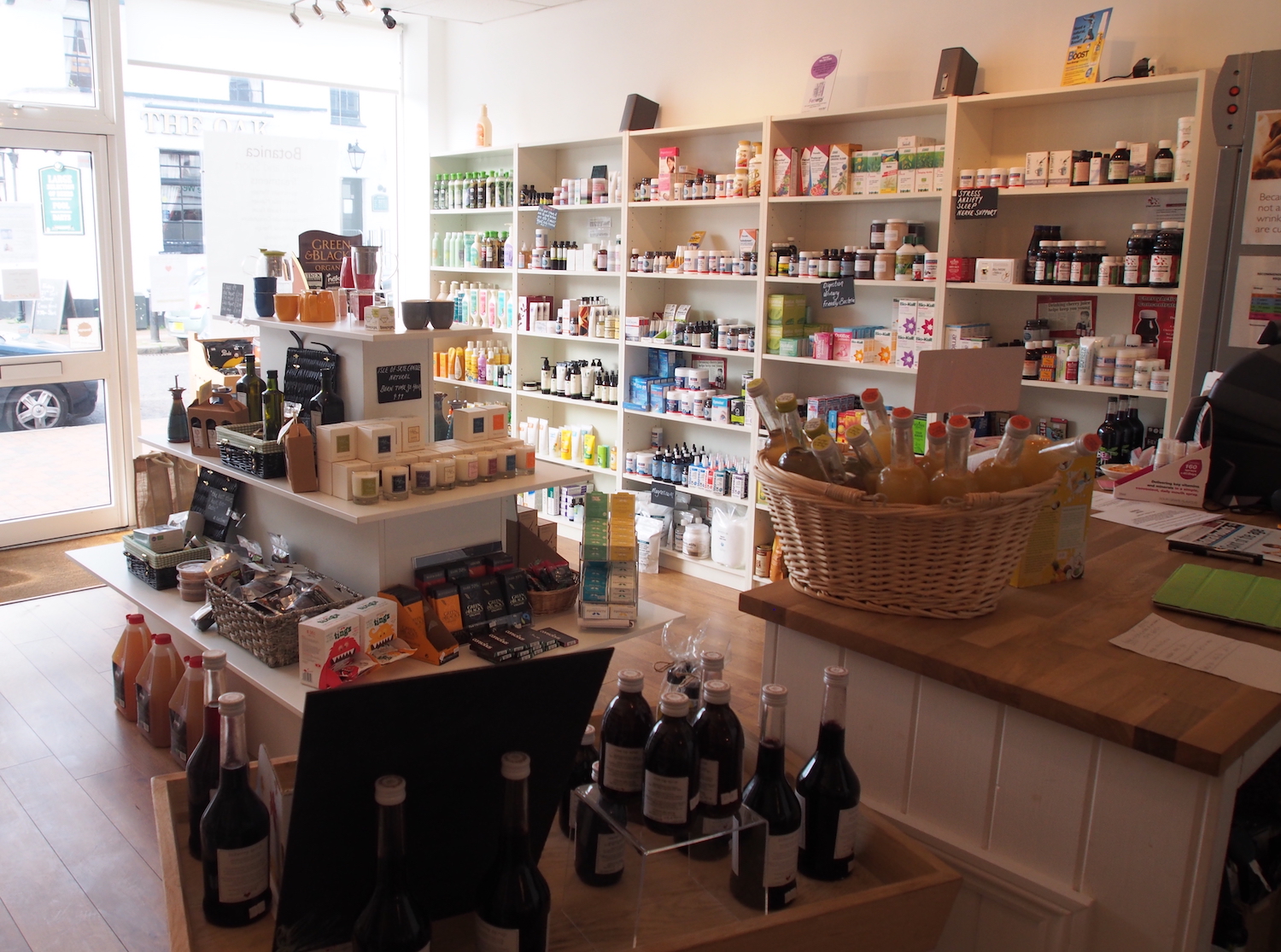Last week The Food Standards Agency (FSA) issued new precautionary advice to consumers on CBD, recommending that healthy adults should limit their consumption of CBD from food to 10mg per day – which is about 4-5 drops of 5% CBD oil. Previous guidance set the safe daily dose at 70mg.
The regulator says the change in advice is based on new evidence from from its Independent Scientific Committee. Among the Committee’s findings was “evidence of some adverse impacts on the liver and thyroid” from consumption above 10mg over a prolonged period.
The unexpected and dramatic reduction of the acceptable daily intake (ADI) for CBD has caused considerable concern in the CBD sector with analysts at The Canna Consultant (TCC) claiming that the new guidance will do “collateral damage to the whole of the UK CBD industry”.
The HFMA said that it was “assessing all elements of this new recommendation meanwhile” but noted that its members “found themselves yet again managing moving goalposts on CBD” and that the development had “huge implications for the manufacture and retailing of CBD”.
But where does the FSA’s new guidance on CBD leave retailers in the short term?
Probably the most important point to bear in mind is that the FSA’s new guidance is just that – guidance. As The Association for the Cannabinoid Industry (ACI) has said: “We urge retailers to take this as guidance, which it is. We highlight to consumers that this guidance demonstrates the FSA still considers CBD to be safe and their advice relates to lifetime consumption of daily high doses of CBD.”
The FSA has confirmed that there is “no acute safety risk” with consuming more than 10mg of CBD a day based on the data it had assessed. Emily Miles, the Agency’s chief executive, told the BBC’s World At One programme that CBD users were free to use their own judgment. “There are drinks on the market with a stated 25mg CBD content. Consumers will be able to make a choice about whether they choose that product.”
Based on these two central considerations, independent health food retailers can be broadly assured that CBD products that were legally on the market prior to the FSA’s updated advice remain so. Individual stores may choose to make their own assessment about the CBD products they stock following the advice, but there is no requirement in the immediate term to take any action or remove products from sale.
Holland & Barrett, which temporarily removed around 30 CBD products (those containing over over 10mg of CBD,) has now reinstated the products having carried out their own assessment.
The FSA last week also restated advice that CBD “should not be taken by people in vulnerable groups, including children, people taking medication (who have not consulted a medical professional) and those who are pregnant or breastfeeding and those trying to conceive”.
• The Association for the Cannabinoid Industry has provided a useful summary of the implications of the FSA’s new advice on CBD in this Expert Panel Q&A
